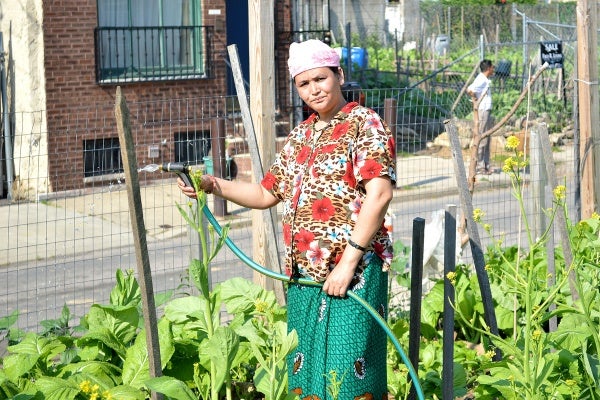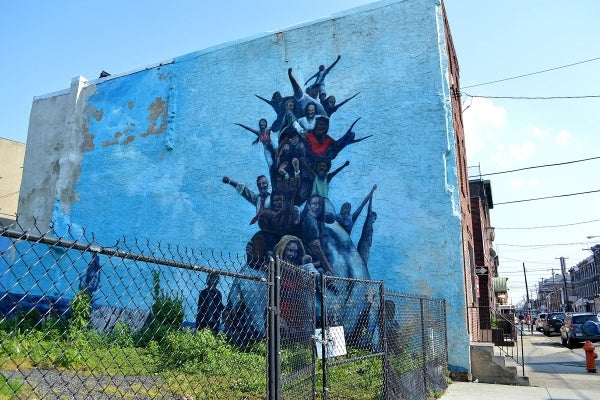Helping refugees calls for practical approaches to mental health therapy
ListenMillions of refugees are trying to escape persecution, torture and death in their homelands, and often endure arduous flights to get to a safer place. By the time they resettle in a new country and find a permanent home, many carry huge emotional burdens.
“I see people whose adaptation capacities have been stretched to the max,” said David Goodwin, a psychologist who works with refugees at Belmont Behavioral Hospital in Philadelphia. “I’ve seen people who have experienced gang rape, kidnapping and slavery, a total breakdown of social structure and their former way of life.”
Goodwin says many of his refugee clients are looking for a safe space to reclaim their trust in humanity, but it’s a mistake to think that all of the conversation is focused on past traumas.
“Often we talk about the adaptational challenges of living in a host country and a radically different culture.”
Refugees are often under a lot of economic pressure once they are resettled in the U.S. They are eligible for certain social benefits only for a fixed amount of time, and are expected to be self-sufficient in eight months. “So, some of the work is going to be geared toward building resources and connecting them with reliable support systems,” said Goodwin.
“We in the West are very preoccupied with our inner processes, and a lot of people from other cultures are less concerned with that and want to get on with the task of rebuilding their lives, repairing the social fabric,” he explained.
Helping refugees heal requires a broad approach to therapy, said Goodwin, who cited a community garden in South Philadelphia as a good example. The garden was started by the Nationalities Service Center in 2008, as a place where refugees from Burma and Nepal could grow familiar food plants, and find community.
“This is a group of people with agricultural roots, and this links their former life with their new life. And this repairing of the social fabric can have healing qualities.”
WHYY is your source for fact-based, in-depth journalism and information. As a nonprofit organization, we rely on financial support from readers like you. Please give today.














